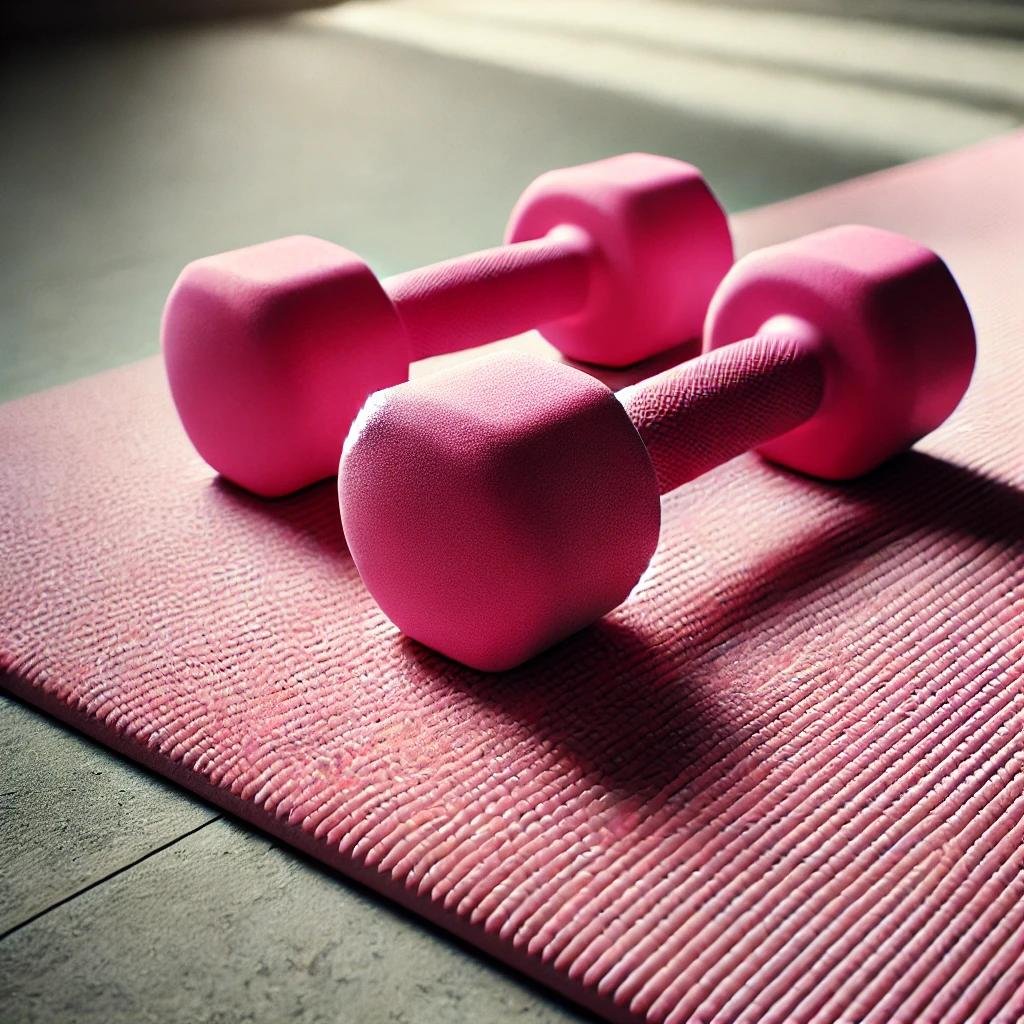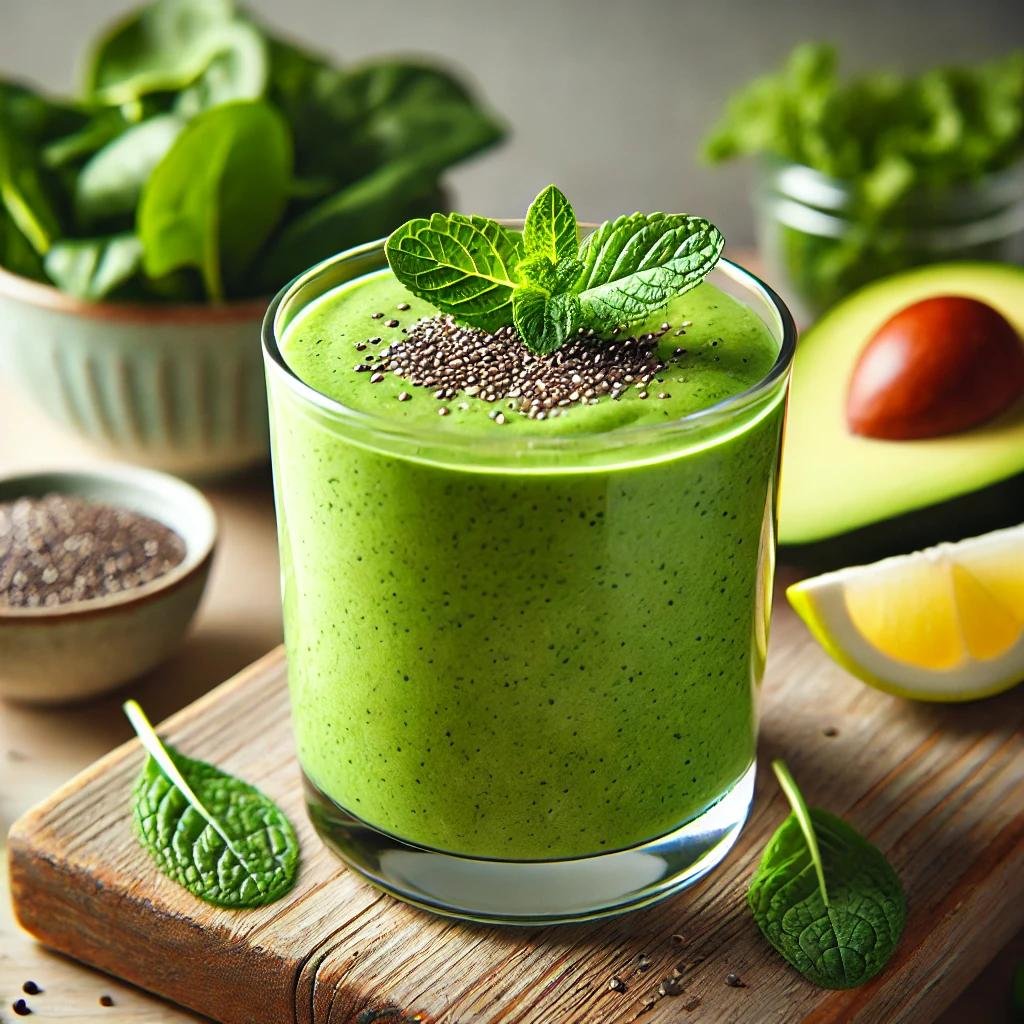Menopause and Beyond: Unlock the Power of Collagen for Lasting Health
Boost Your Health and Skin with Collagen During Menopause
As we navigate the natural changes of menopause, supporting our body becomes more essential than ever. Collagen, a protein our bodies produce less of over time, plays a critical role in skin elasticity, joint health, and bone density. In fact, collagen supplements can be a powerful addition to your wellness routine, especially for women in their 40s and beyond.
Why Collagen Matters After 40
Menopause brings shifts that can impact our skin, joints, and bones. Collagen loss accelerates, resulting in drier skin, fine lines, and even changes in muscle tone. Taking collagen supplements can help replenish what our bodies no longer produce at the same level, offering natural support for both beauty and overall health.
Collagen isn’t just about skin health; it’s also key for bones, joints and muscle recovery. Women over 40, particularly in perimenopause and menopause, often notice these changes first, as reduced oestrogen levels impact collagen production. In fact, studies show that women can lose up to 30% of their collagen in the first five years of menopause, underscoring the importance of considering supplements as part of a holistic wellness approach .
Choosing the Right Collagen for Maximum Benefits
Not all collagen supplements are created equal. When selecting a supplement, look for hydrolysed collagen peptides, as they are broken down for easier absorption by the body. This type of collagen supports skin elasticity and may even reduce the appearance of fine lines. Collagen Types I and III are particularly effective for skin, hair and nail health, while Type II targets joint health .
Moreover, adding collagen powder to smoothies, coffee, or your favourite recipes makes it easy to incorporate into your daily routine. Remember, consistency is key with any supplement to achieve the best results.
Collagen and Bone Health: A Hidden Ally in Menopause
With age, bone density naturally declines, a concern for many women entering menopause. Collagen supports bone health by enhancing calcium absorption and providing a foundation for bone mineral density. Regular collagen intake has been shown to support bone density and reduce the risk of osteoporosis, a condition that disproportionately affects postmenopausal women .
Foods That Naturally Contain Collagen
Though collagen is mainly derived from animal sources, many foods help support your body’s collagen production. Adding these into your diet can naturally boost your collagen levels, providing similar benefits to supplements:
Bone Broth – Rich in amino acids that aid collagen production.
Chicken – Contains abundant connective tissue, a direct source of collagen.
Egg Whites – Packed with proline, one of the main amino acids for collagen synthesis.
Fish – Marine collagen is particularly effective for skin elasticity.
Leafy Greens – High in chlorophyll, which supports collagen levels in the skin.
Berries – Rich in vitamin C, which is essential for collagen synthesis.
Incorporating a mix of these foods can support natural collagen production, especially when balanced with collagen supplements for an extra boost.
Integrate Collagen Into Your Daily Routine
Adding collagen to your routine is a straightforward way to boost your body’s natural support systems during menopause. By replenishing collagen levels, you’re not just taking steps for beautiful skin but also investing in stronger bones, flexible joints, and overall wellness. As with any supplement, consult your healthcare provider to ensure collagen fits your unique health needs.
Sign Up for Weekly Health Bites!
Join my community of like-minded women over 40 who receive empowering health tips, recipes, and expert insights every week. Sign Up Here
References
Sugihara, F., Inoue, N., & Tang, R. (2018). “Effects of Collagen Peptide on Skin Health in Women Over 40.” Journal of Nutritional Science and Vitaminology, 64(3), 222–229.
König, D., Oesser, S., Scharla, S., & Zdzieblik, D. (2018). “Specific Collagen Peptides Improve Bone Mineral Density and Bone Markers in Postmenopausal Women.” Nutrients, 10(1), 97. Link
Borumand, M., & Sibilla, S. (2015). “Effects of a Nutritional Supplement Containing Collagen Peptides on Skin Elasticity, Hydration, and Wrinkles.” Clinical Interventions in Aging, 10, 339–347.
Zdzieblik, D., Oesser, S., Gollhofer, A., & König, D. (2015). “Collagen Peptide Supplementation and Body Composition in Physically Active Men and Women.” Journal of Sports Medicine and Physical Fitness, 55(1), 101-107.
Moskowitz, R.W. (2000). “Role of Collagen Hydrolysate in Osteoarthritis and Other Joint Disorders.” Current Medical Research and Opinion, 16(3), 173-178.
Jendricke, P., et al. (2019). “Marine Collagen Peptides for Skin and Joint Health in Postmenopausal Women.” Journal of Applied Physiology, 126(3), 729–740.
Before starting any supplement, it’s always best to consult with a healthcare provider. Collagen supplements may interact with certain conditions or medications and should be used as part of a balanced health plan.






